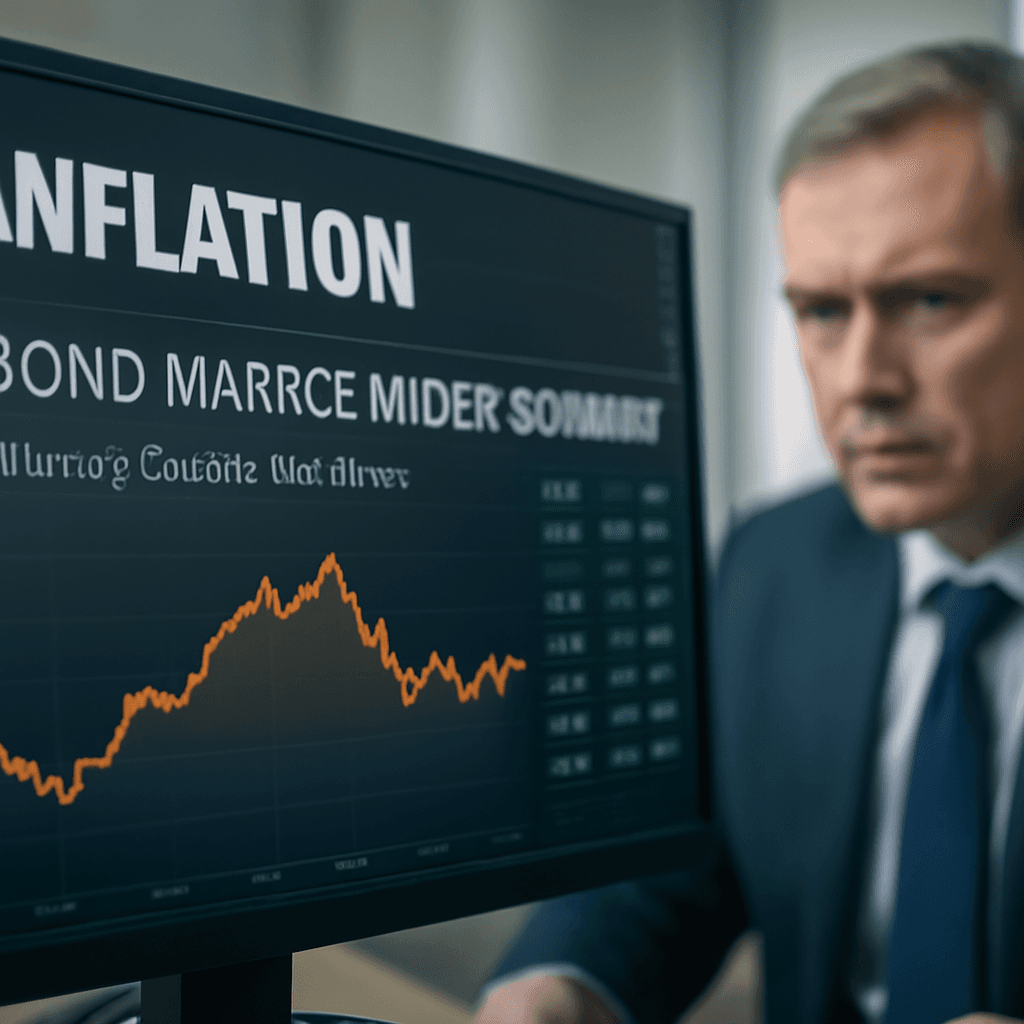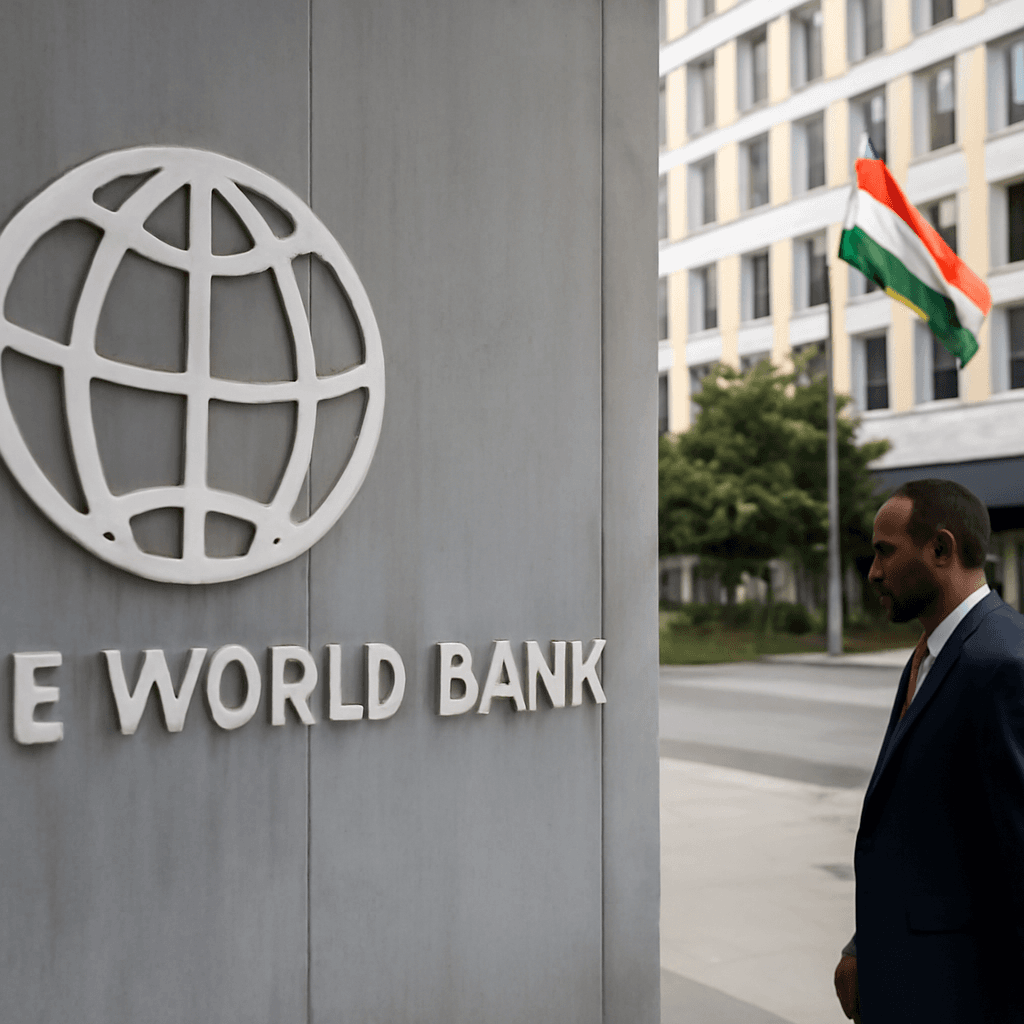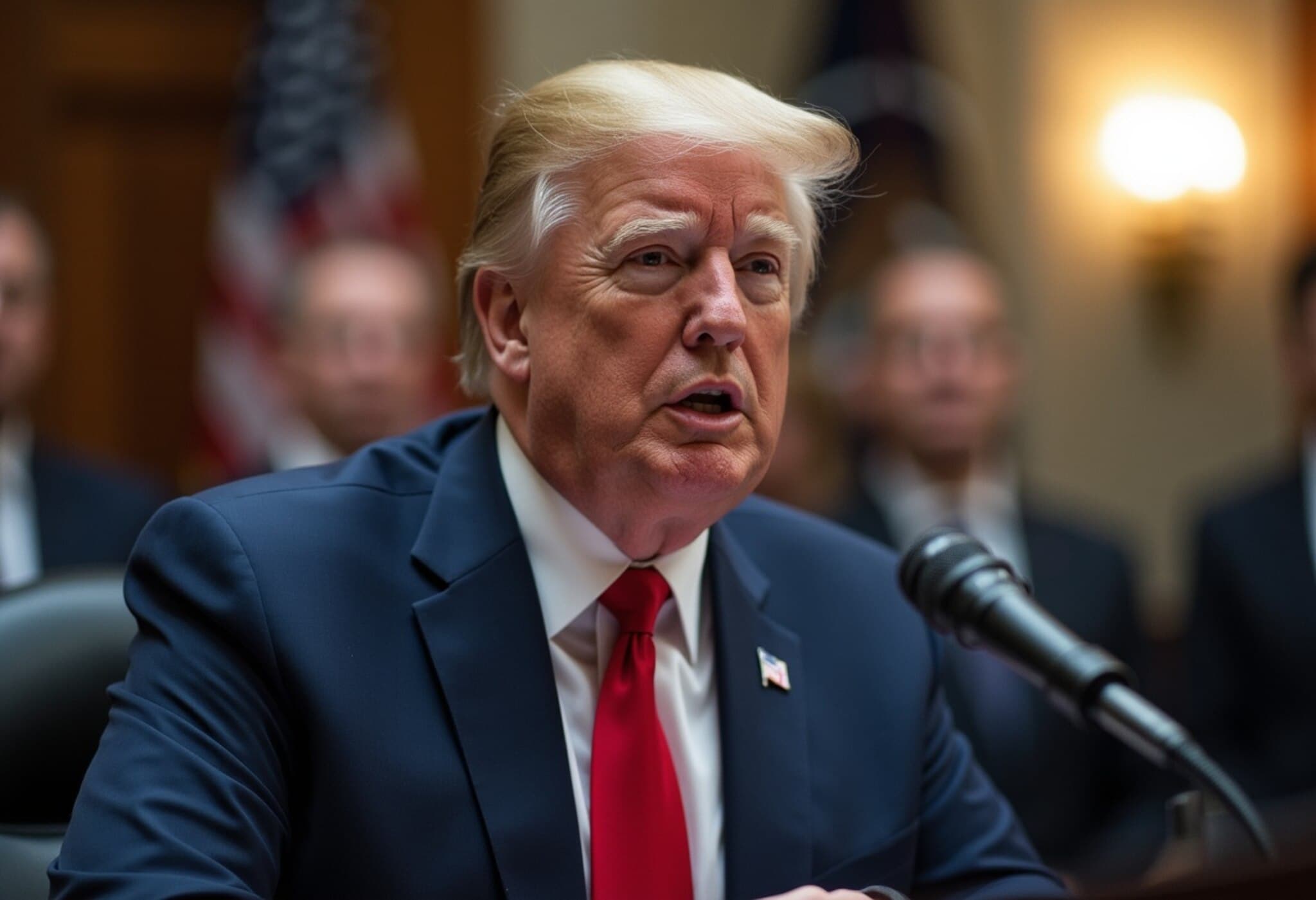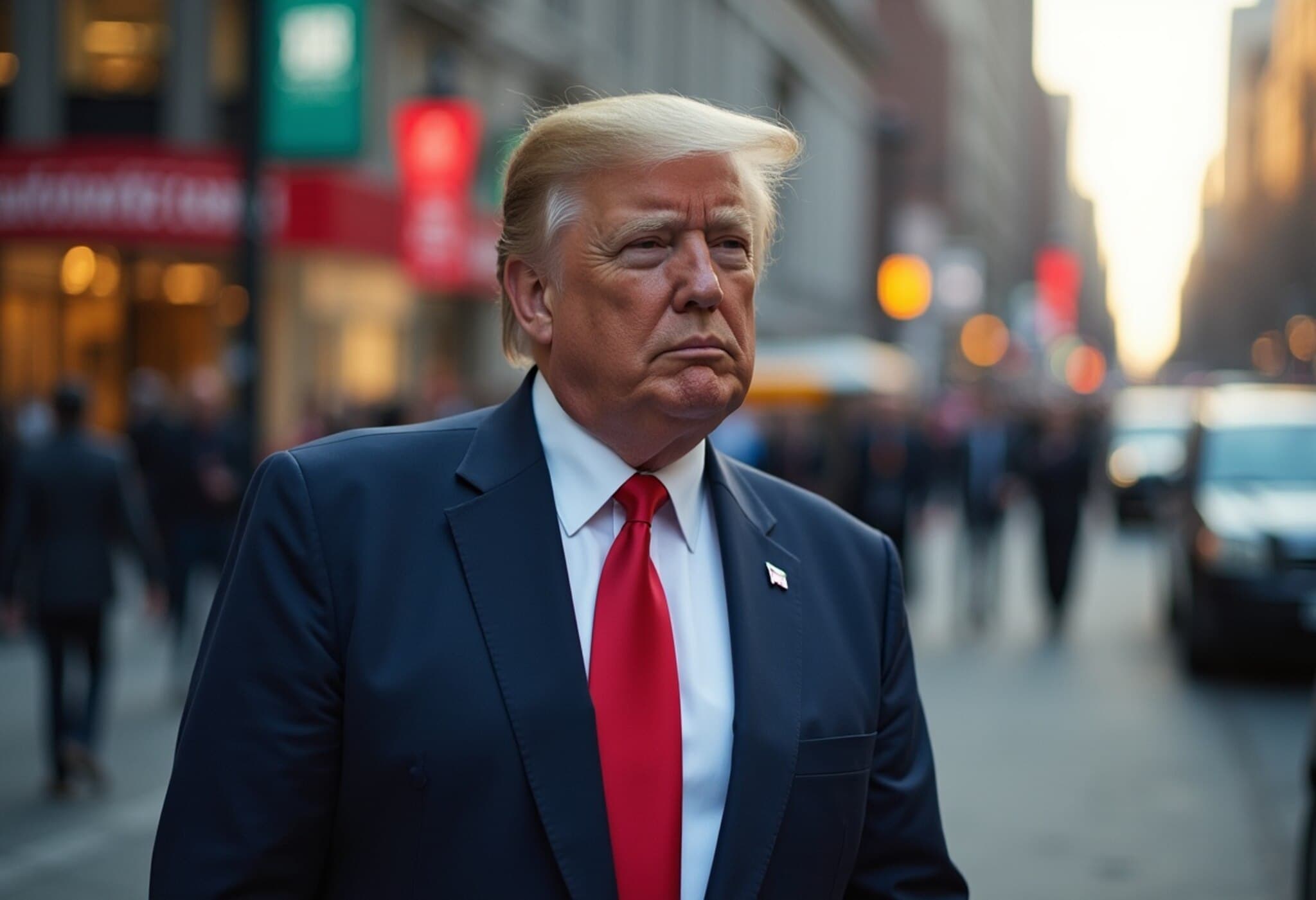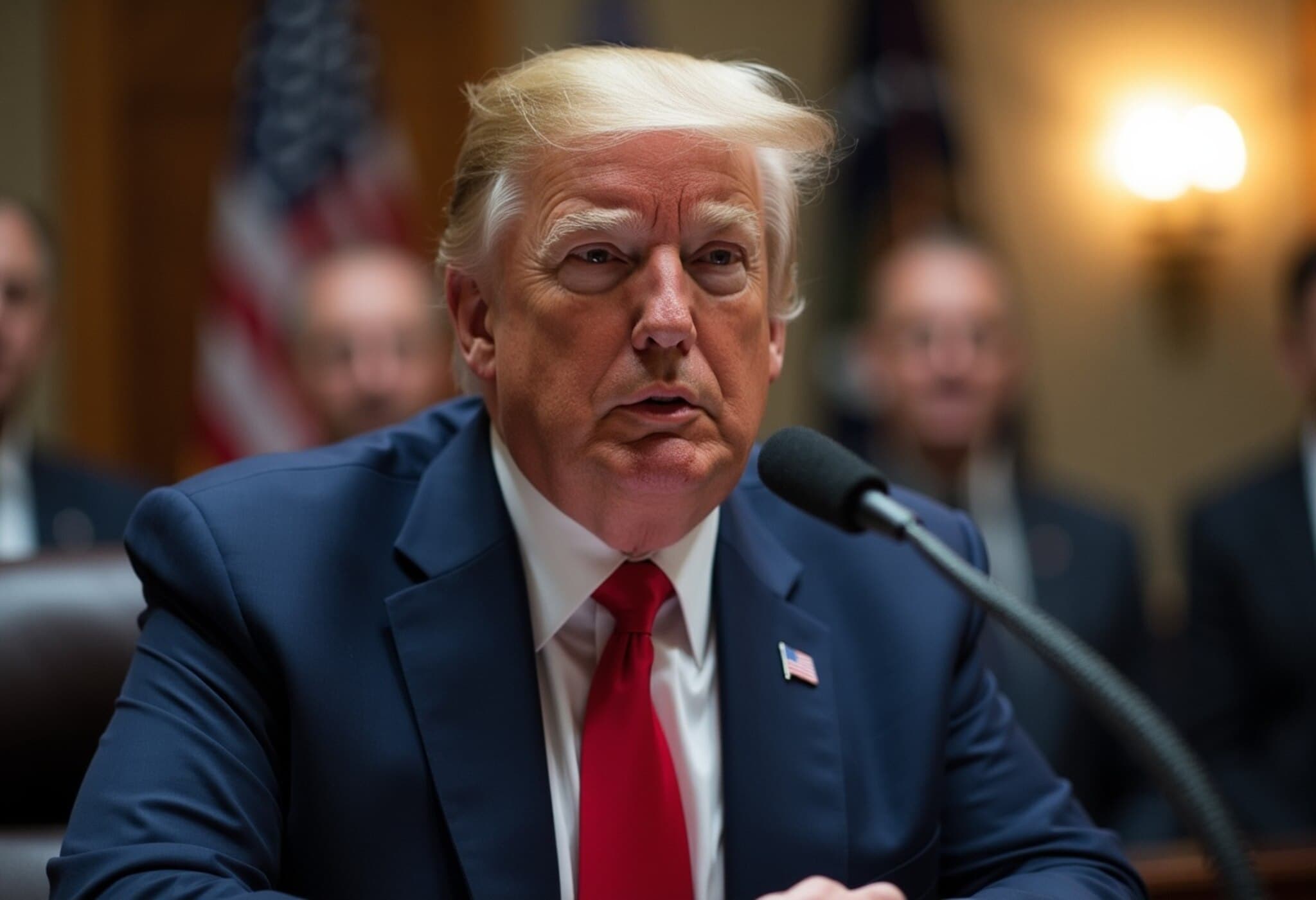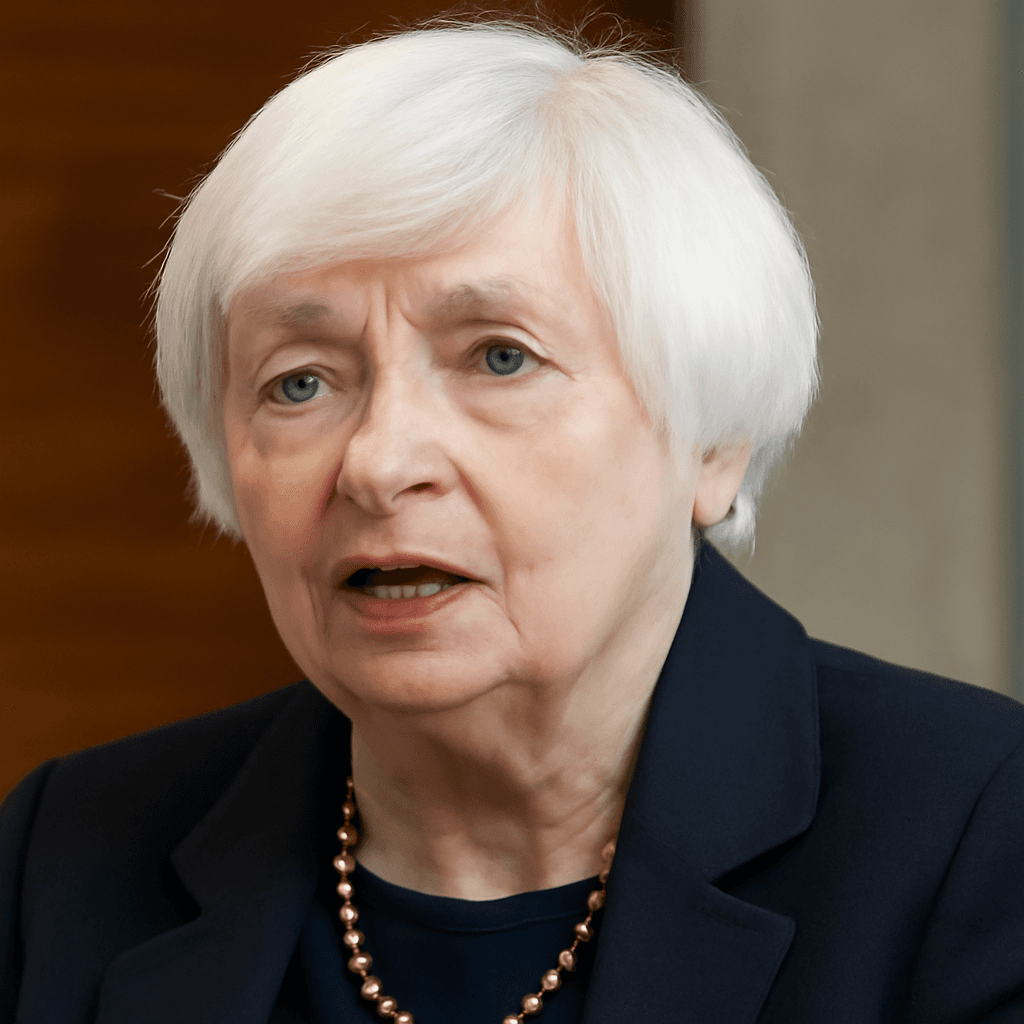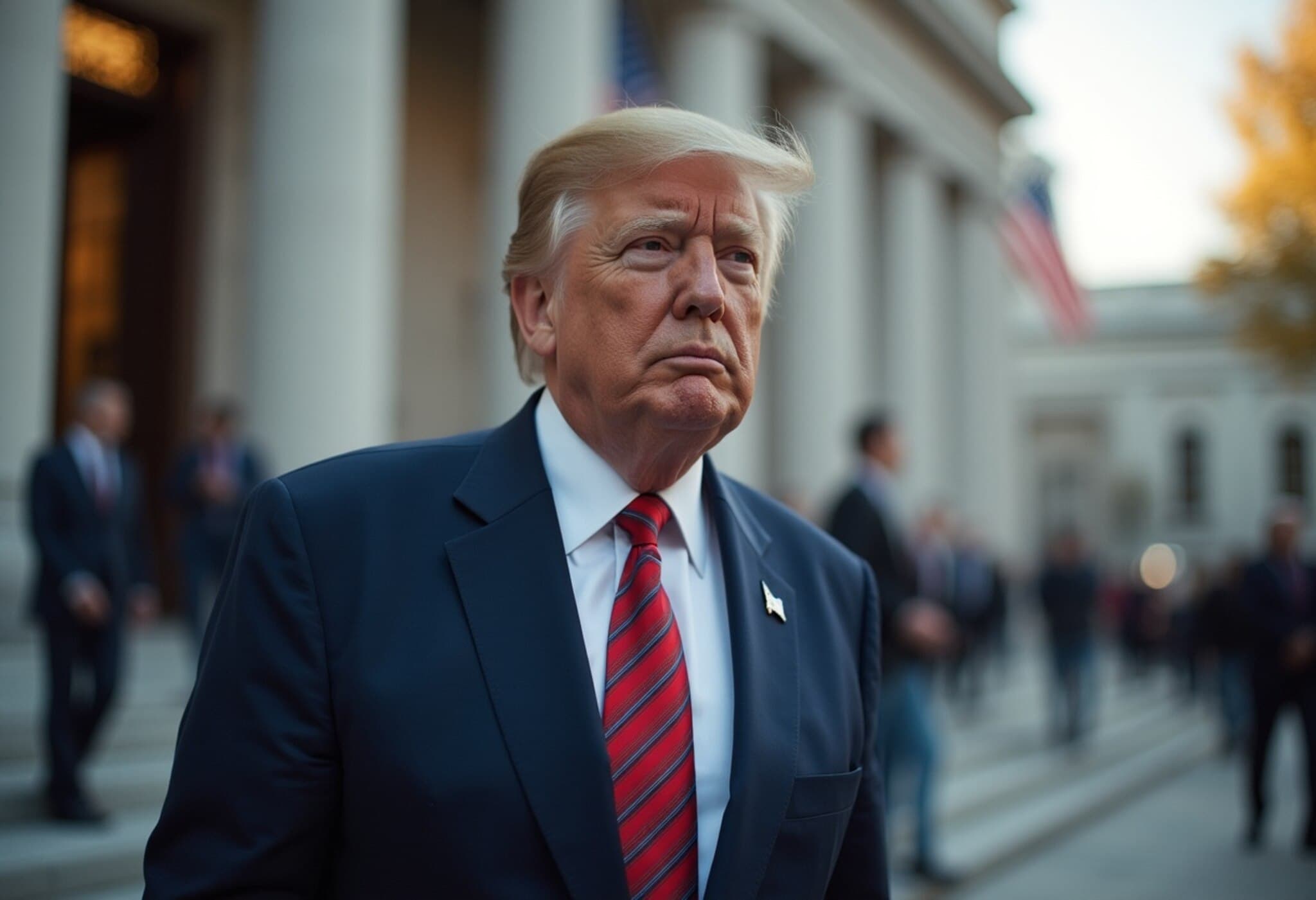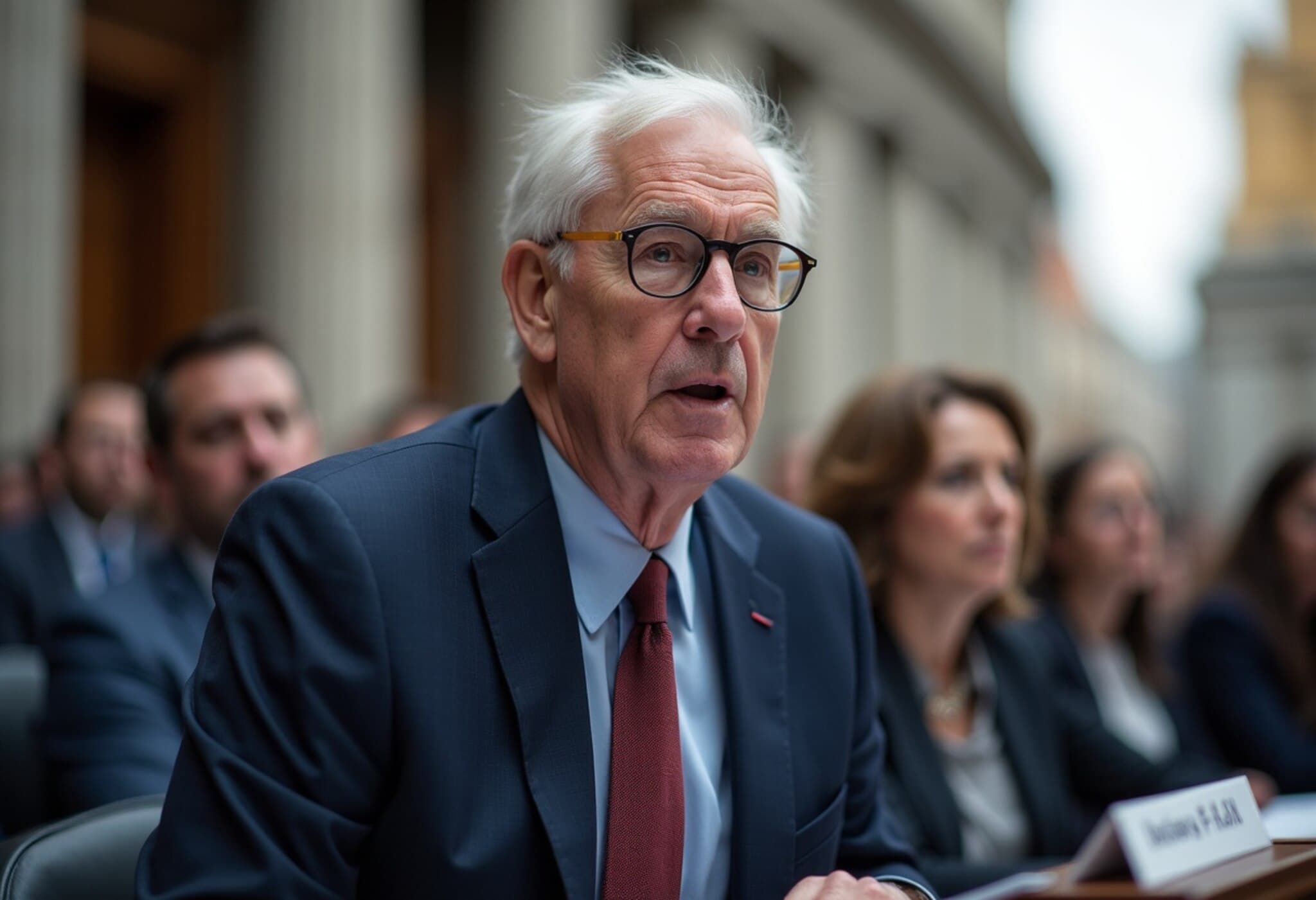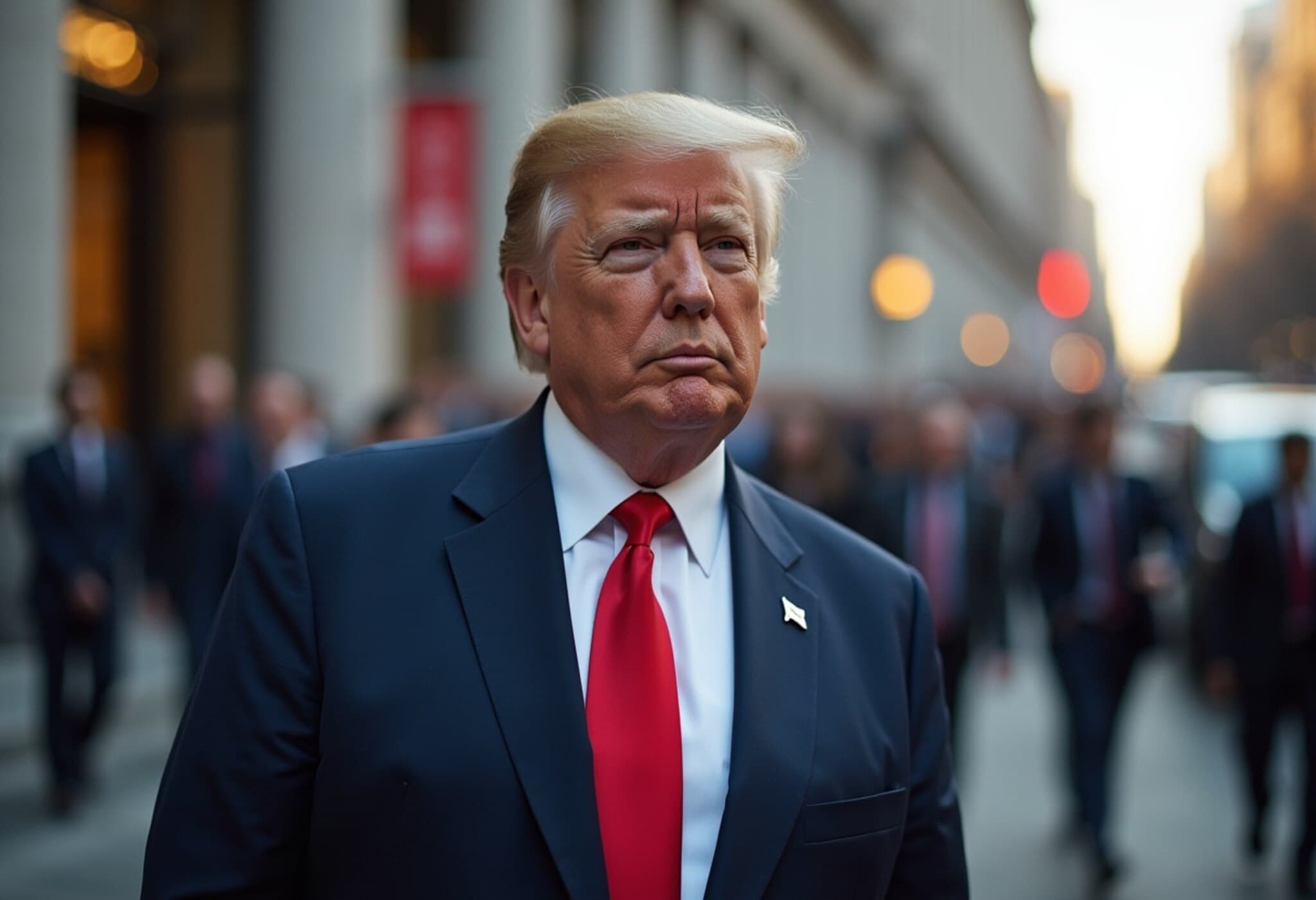Inflation Reports and Treasury Auctions Spotlight This Week
This week presents a critical juncture for the bond market, as fresh inflation numbers and crucial Treasury auctions are poised to gauge investor sentiment and economic stability. The combination of May’s consumer and producer price reports, alongside significant government debt sales, could influence market trajectories and monetary policy decisions.
What to Expect from Inflation Numbers
The Bureau of Labor Statistics is scheduled to release two key inflation indicators: the Consumer Price Index (CPI) on Wednesday and the Producer Price Index (PPI) on Thursday. While economists anticipate moderate increases—around a 0.2% month-over-month rise and 2.4% annual inflation for CPI, and slight growth following a contraction for PPI—any unexpected uptick could unsettle investors wary of inflation pressures that may ultimately impact employment and growth.
Massive Treasury Auctions in the Spotlight
Alongside inflation data, the Treasury Department will auction $39 billion in 10-year notes on Wednesday and $22 billion in 30-year bonds on Thursday. These offerings serve as a barometer for demand in government debt, especially amid rising yields and ongoing debates around fiscal policies. Market watchers will scrutinize not only bid levels but also the nuances such as participation by primary dealers versus indirect bidders and the "tail"—the spread between the highest accepted yield and pre-auction prices.
Why This Week Matters More Than Ever
With government deficits ballooning and yields surging, the latest auctions and inflation prints underscore heightened stakes. Experts caution that these events might effectively become a referendum on current debt policies. While recent indicators suggest no immediate inflationary threat, underlying concerns remain, especially as fiscal spending bills advance through Congress and amid trade uncertainties.
“This time it’s different,” notes market strategist Komal Sri-Kumar, highlighting the unprecedented scale of deficits and warning that sudden shifts could catch investors off guard.
Investor Sentiment and Market Dynamics
Despite sharper Treasury yields and trade policy questions, some analysts believe strong demand for U.S. debt will persist. The U.S. bond market still offers relatively attractive yields compared to global peers, helping sustain investor interest in longer-term notes.
According to fixed income expert Chip Hughey, the cooling economy—reflected in easing job growth and consumer spending—may reinforce appetite for safe government bonds, even as fiscal and inflation concerns linger.
Key Data Release and Auction Timings
- CPI Release: Wednesday, 8:30 a.m. ET
- 10-Year Note Auction: Wednesday, 1:00 p.m. ET
- PPI Release: Thursday, 8:30 a.m. ET
- 30-Year Bond Auction: Thursday, 1:00 p.m. ET

